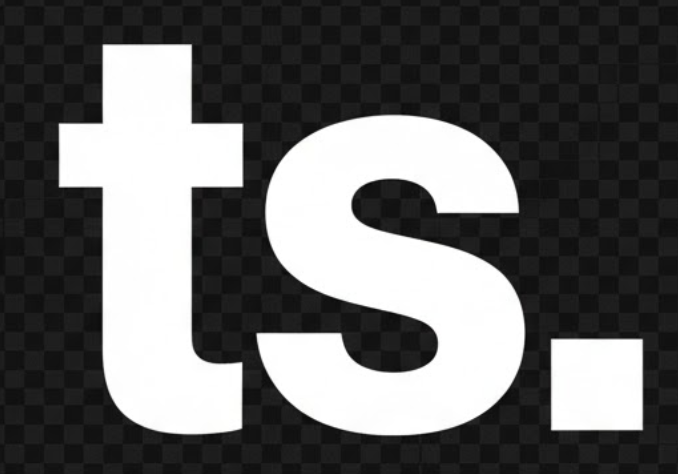OpenAI is stepping beyond AI research and into social media with the launch of Sora, a short-form video app designed to rival TikTok. Unlike existing platforms, the content on Sora is powered by OpenAI’s latest video model, Sora 2, which can generate highly realistic clips with improved physics and motion detail. As TechCrunch reported, the new model fixes quirks seen in earlier versions, such as objects teleporting or moving unnaturally, making AI-generated videos feel far closer to real life.
What makes Sora stand out is its “cameos” feature. Users can upload a quick video and audio clip of themselves, which the app then uses to generate countless variations of their likeness in new clips. Friends can even tag each other into collaborative videos. OpenAI emphasizes that this is opt-in and that permissions can be revoked at any time, but the move immediately raises broader questions about privacy and ownership of digital identity. As Wired pointed out in its recent coverage of generative AI, likeness-based content pushes platforms into uncharted legal and ethical territory, where consent and misuse risks loom large.
The app itself feels instantly familiar: an endless scroll of short clips, likes, shares, and comments. But OpenAI is layering personalization in a different way. Sora’s recommendation engine doesn’t just rely on watch history or location — it can also pull signals from a user’s ChatGPT conversations (if they opt in). That means the memes, tutorials, or AI-generated cameos you see in your feed could be shaped by what you were chatting about just hours earlier. For parents, OpenAI is adding controls such as disabling recommendations, limiting infinite scroll, or restricting who can send messages, in a nod to the concerns that have plagued apps like TikTok and Instagram.
The rollout is initially limited. The iOS version of Sora is available only in the U.S. and Canada, and access is invite-only, though OpenAI has said that ChatGPT Pro users will be first in line for Sora 2’s pro mode. At launch, the app is free, but OpenAI has signaled that it will eventually monetize by charging for extra video generations when demand is high. The Verge noted in its analysis that this strategy mirrors how cloud providers throttle and tier services, suggesting OpenAI is preparing to run Sora like a true consumer platform rather than just a research demo.
Still, the risks are obvious. Generative likenesses open the door to misuse — from deepfakes to deceptive content — and OpenAI is stepping directly into the thorny world of content moderation. Unlike ChatGPT, which lives in a relatively controlled environment, a social app means dealing with billions of user-generated clips, viral spread, and regulatory scrutiny. As Bloomberg highlighted in its broader coverage of AI platforms, the lack of clear legal frameworks around identity cloning and synthetic media could become one of the biggest hurdles for OpenAI as it tries to scale Sora globally.
For the MENA region, the timing is significant. TikTok and Instagram Reels dominate youth attention in markets like Saudi Arabia, Egypt, and the UAE, where short-form video is now a primary channel for entertainment and commerce. OpenAI’s entry with Sora could find fertile ground here, especially as governments in the Gulf push hard on AI adoption under national strategies like Saudi Vision 2030 and the UAE’s AI Strategy 2031. But it will also face scrutiny: regulators in Riyadh, Abu Dhabi, and Cairo are already paying closer attention to content platforms, from harmful content moderation to data privacy. The real test for OpenAI may be whether Sora can scale responsibly in regions where digital identity, cultural sensitivities, and regulation intersect.
The bigger picture is clear: OpenAI isn’t just releasing models anymore, it’s testing AI-native experiences where creation, distribution, and community live inside the same platform. If ChatGPT reshaped how we write and search, Sora is about how we represent ourselves. Whether it can truly challenge TikTok or will remain a flashy experiment depends not only on technology, but on trust — if users, particularly in fast-growing markets like MENA, are ready to hand over their digital selves to an AI platform in exchange for entertainment.




Open AI launches Sora 2 in the US but MENA might be its biggest test